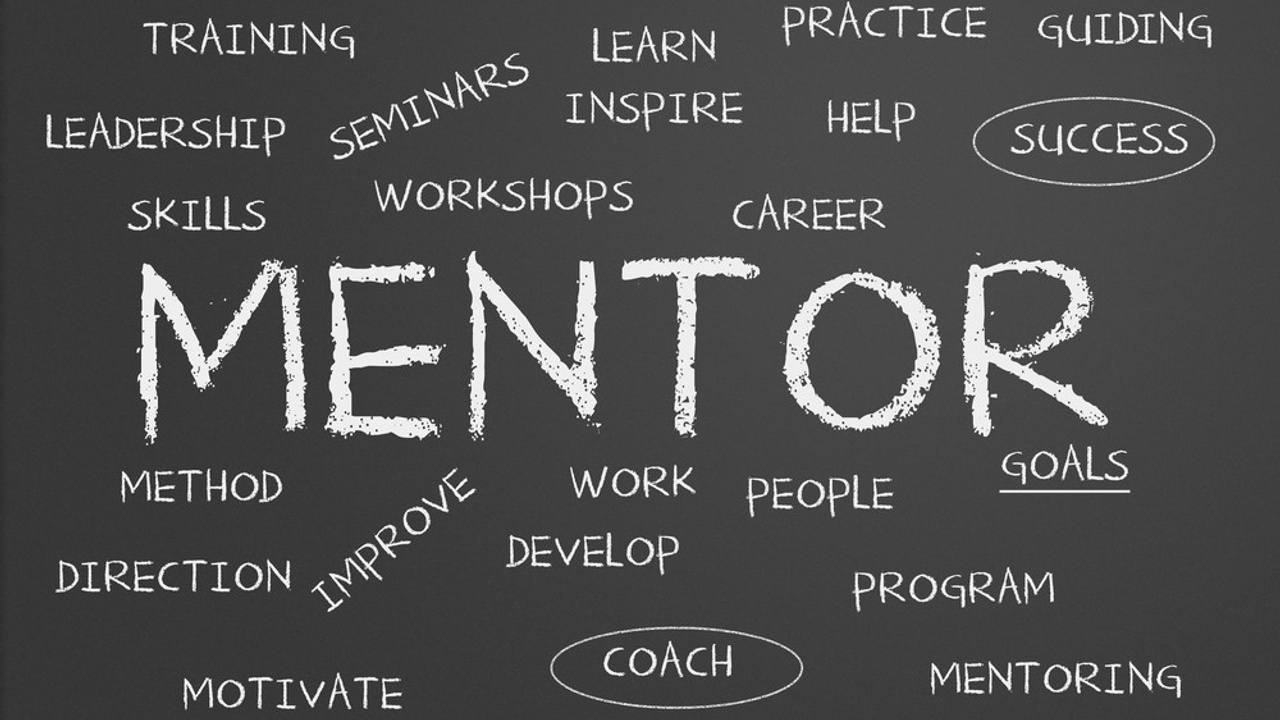Having a mentor to help guide your leadership development is invaluable, as it gives you the opportunity to learn from someone with a wealth of knowledge and experience. Mentorship can provide you with advice, feedback, and support in order to help you hone your leadership skills and reach your goals.
Establishing a Mentorship Relationship
Once you have identified a potential mentor, it’s important to establish a trusting relationship. Begin by setting clear expectations for the relationship, including the frequency of meetings, topics of discussion, and any other guidelines. You should also communicate openly and honestly with your mentor in order to ensure that the relationship is successful.
Improving leadership skills through mentorship is a great way to learn from someone with experience and gain valuable insight into the complexities of the workplace. By taking the time to find the right mentor and establishing a strong relationship, you can gain the knowledge and skills you need to be a successful leader.

Image Source: Google
Advantages of Mentorship
Mentorship can be beneficial in a number of ways. It can provide you with the opportunity to learn from someone who has faced similar challenges and can offer an outside perspective on why certain decisions were made. Mentorship can also offer insight into how to best navigate the complexities of the workplace and develop your leadership skills.
Finding the Right Mentor
Finding the right mentor can be a challenge, but it’s important to take the time to find someone who is aligned with your goals and values. Consider the qualities that you are looking for in a mentor and look for someone who meets those criteria. You can also ask your colleagues, friends, or family members if they can recommend someone.
